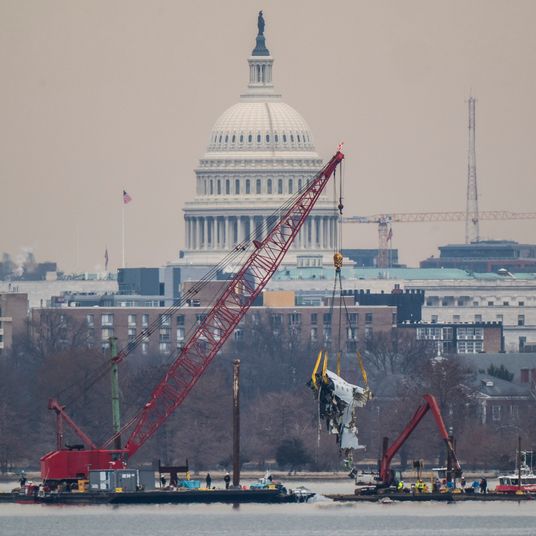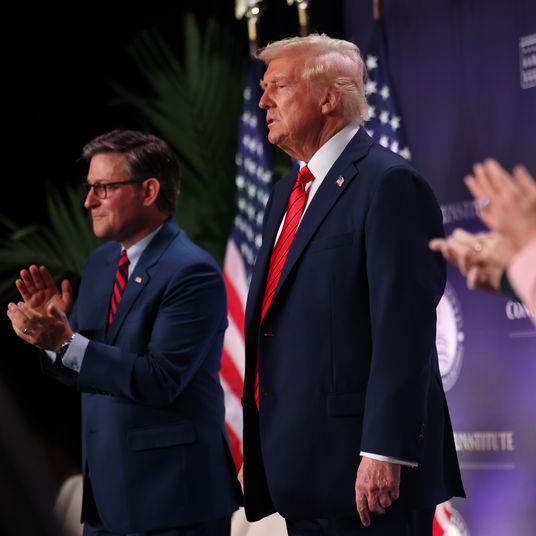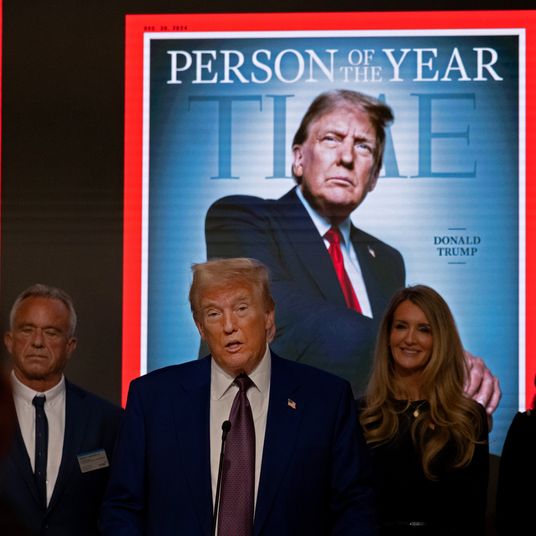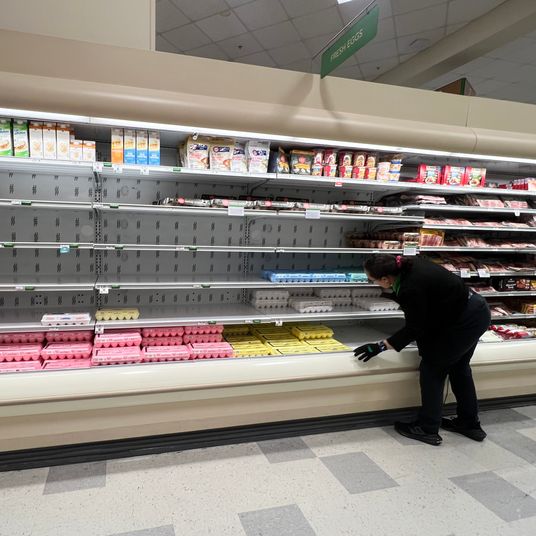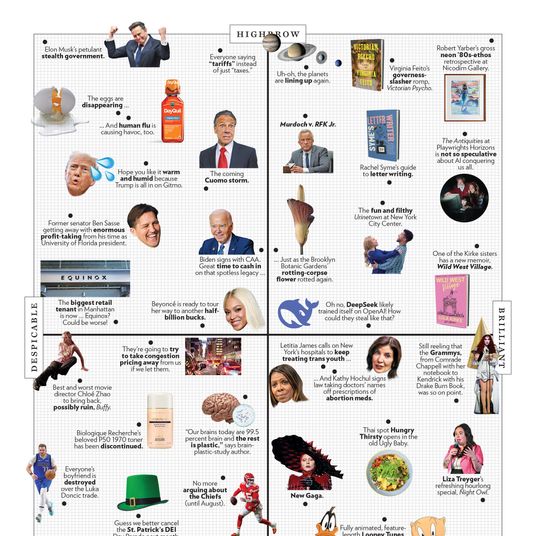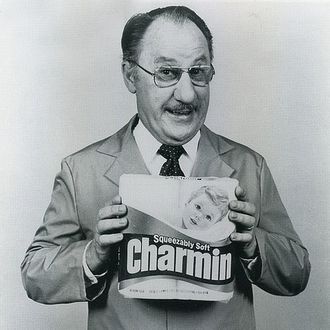
The AP brings us news that Venezuela is having a serious humanitarian crisis, one with which anyone who’s ever made a frantic late-night run to the corner bodega can sympathize. Namely, the entire country is running out of toilet paper.
Venezuela’s socialist government has promised to import 50 million rolls of toilet paper (or maybe 25 million double-rolls?) and 760,000 pounds of food to make sure all citizens can eat and poop in comfort once more. “The revolution will bring the country the equivalent of 50 million rolls of toilet paper,” the country’s commerce minister said. “We are going to saturate the market so that our people calm down.”
As Dan Gross explains, the Venezuelan T.P. shortage is a fairly textbook case of well-intentioned safety-net planning run amok. Venezuela wanted to make sure toilet paper and other basic staples were available to the nation’s poor during a period of high inflation. Rather than simply subsidize purchases with an American-style food stamp program, it implemented strict price controls, putting a ceiling on how much manufacturers could charge consumers for basic goods.
Those price controls lowered producers’ profits and took away much of their incentive to produce. And combined with fairly strict currency controls that have made it harder for Venezuelan companies to receive foreign supplies and equipment, the result has been “shortages of staples like milk, meat and toilet paper,” as the Times put it last year. This chart from the Cato Institute shows just how bad the scarcity issue in Venezuela has gotten:
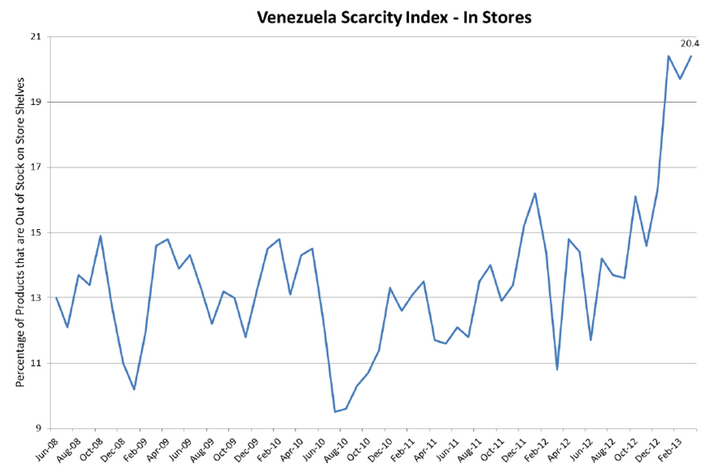
Food shortages (and, presumably, the T.P. shortage) were one of the primary issues in last month’s Venezuelan elections. The winner was Hugo Chavez’s hand-picked successor, Nicolás Maduro, who largely supports the late socialist leader’s economic policies, including the price controls. That means that Venezuela’s scarcity problems aren’t likely to improve any time soon, no matter how many millions of toilet-paper rolls are imported to solve this week’s crisis. Price controls are a decent idea in theory, but when combined with strict currency controls and protectionist trade policy, they often do more harm than good. A onetime Charmin injection can’t change the basic laws of economics.





